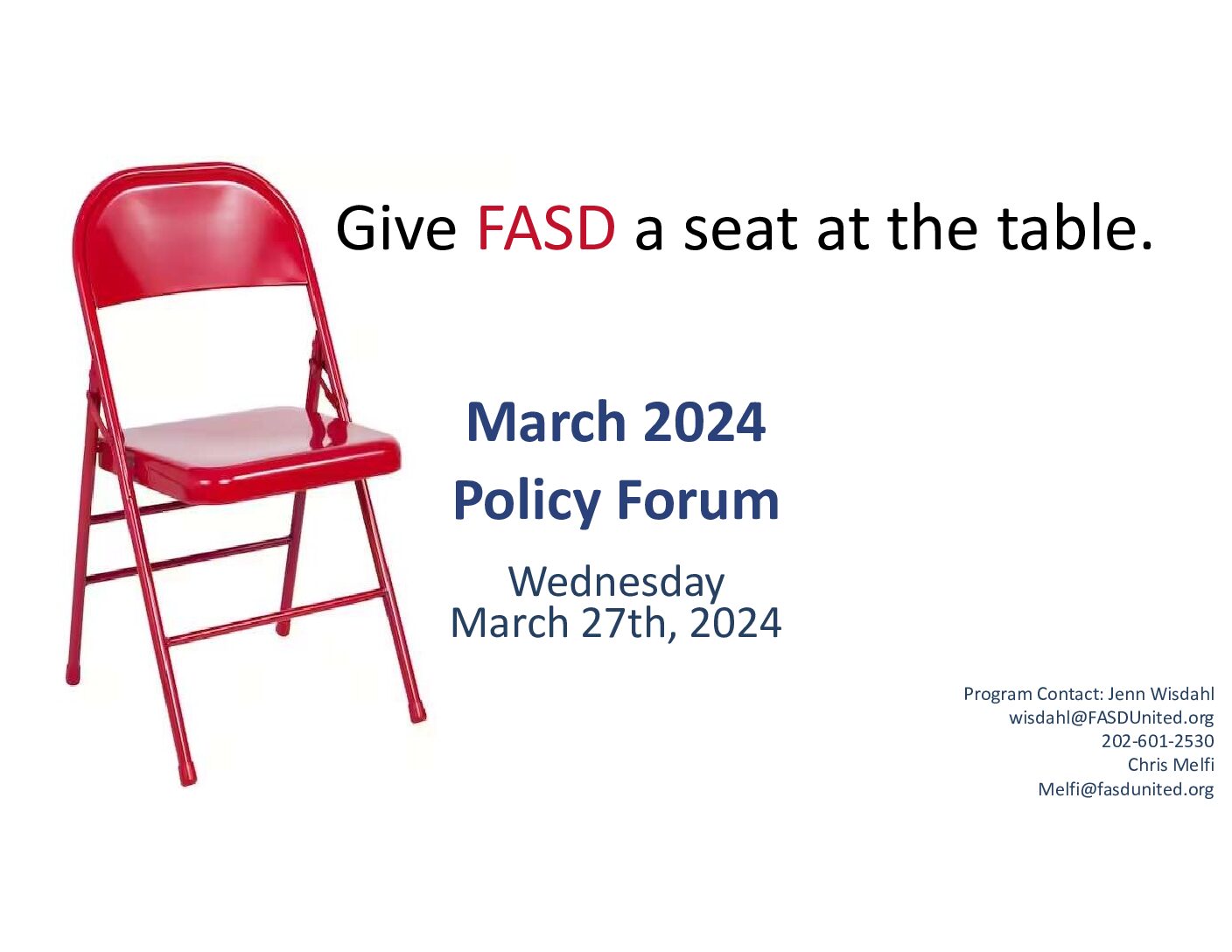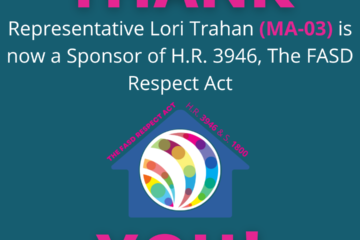We are happy to share a case study from 2021 titled Tribal Child Welfare Systems’ Experiences with Prenatal Exposure to Alcohol and Other Drugs that might aid in your advocacy efforts. This fifty-page document examines how Tribal Child Welfare Systems affect, and are affected by, prenatal substance exposure. This document is located on the Legislative Staffer Resources page, and can be downloaded below.
This case study can be used to provide crucial contextual information on how prenatal substance exposure and FASD affect Tribal communities. The authors discuss relevant background information on prenatal substance exposure and child welfare systems before providing an overview of the Prenatal Alcohol and Other Drug Exposures in Child Welfare Project. This project sought out practices to identify and support children prenatally exposed to substances.
The authors of this case study collaborated with The Red Lake Nation, and note that the challenges and opportunities faced by the Red Lake Nation, while unique, are likely shared by other Tribal communities.
From their work with the Red Lake Nation, the authors inferred the following implications for Tribal child welfare programs:
- Tribal and agency leadership
- Clear and consistent practice based on an ethic of family preservation
- Support of a well-trained and skilled Tribal child welfare workforce
- Building an integrated system of providers and community members
Similarly, implications for Federal agencies were also noted:
- Honor Tribal sovereignty and culture
- Support Tribes in developing programs based on their traditional knowledge
- Engage in Tribally informed collaborative research
- Support training focused on Tribal services providers’ ability to identify and support those affected by prenatal substance exposure
- Support ability to collect data related to prenatal substance exposure
- Collaborate and invest in Tribes to help them develop, implement, and evaluate strategies discussed in the Implications for Tribal Welfare Programs section
Sharing this document with your legislators will provide them with details on how Federal agencies and Tribal communities can work together on this vitally important issue. It also highlights the importance of Tribal communities in our society and the need to provide adequate supports to them.


